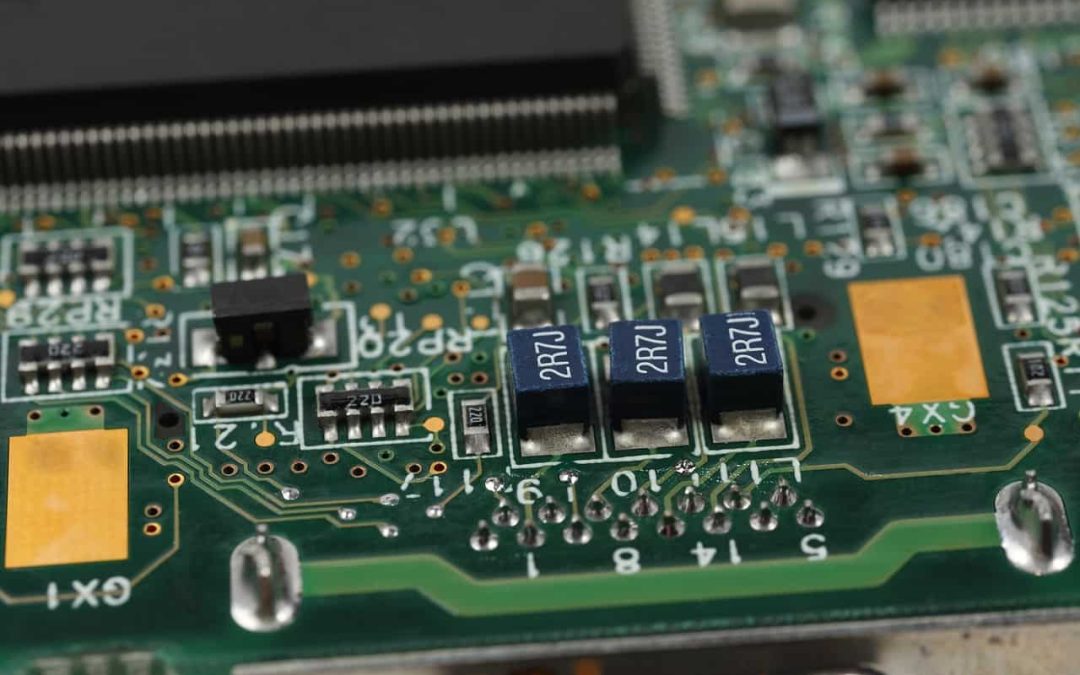It’s always a worrying experience when your check engine light is illuminated. Without knowing what the problem is, you’re literally in the dark with a faulty vehicle that could pose safety concerns for both you and other road users.
This is where ECU codes, or electronic control unit codes, come in as highly helpful indicators of the potential reasons why your vehicle isn’t in top working order.
In this article, we cover what an ECU code is, how to decipher an ECU code, go through the ECU error code list and more. Keep reading to find out more.
What is an ECU in a car?
An ECU fault, or ECM fault codes, are also known as a diagnostic trouble code (DTC) and it detects a malfunctioning within a modern vehicle.
When a fault occurs, an ECU fault code will be triggered, which will result in your check engine light illuminating. In short, this is the ECU code meaning.
This is part of a vehicle’s on-board diagnostic system and an ECU malfunction or fault code can show you where the problem lies in your car so that you can locate it and have it fixed.
How to decipher an ECU code
An engine control module code or an ECU code is made up of both a letter that is followed by four numbers. The first letter can be a P, B, C or U. They represent the following errors:
- P: These are usually powertrain control module fault codes, and include issues with the engine, emission and transmission systems.
- B: Body issues, including climate control, lighting, airbags, etc.
- C: Chassis problems such as braking, steering and suspension.
- U: Network communication errors that include wiring problems.
Next, you’ll either see the number 0 or a 1. Here’s what they represent:
- 0: A generic ECU fault code
- 1: An ECU fault code specific to your car manufacturer
The second number or digit will signal what area of concern the ECU fault relates to. Here’s a brief breakdown of these:
1. Emission Management (Fuel or Air Metering)
2. Injector Circuit (Fuel or Air Metering)
3. Ignition or Misfire
4. Auxiliary Emission Controls
5. Vehicle Speed Control and Idle Speed Control
6. Computer and Output Circuit
7. Transmission
Lastly, the final two digits will indicate the exact problem that your vehicle is encountering.
What are the most common fault codes
A short but useful ECU fault code list includes some of the following most commonly encountered ECU fault codes:
- P0300-P0305: The engine is misfiring, with a specific focus on which engine cylinder is experiencing the problem or whether the issue relates to two or more cylinders.
- P0171, P0174: An indication of fuel trim trouble. It’s when the fuel/air ratio is off balance. It can be caused by leaking valves, dirty sensors or fuel injectors or low fuel pressure.
- P0411, P0440, P0442, P0446, P0455: These codes appear when there are problems with the Evaporative Emission Control (EVAP) system. This happens if fuel vapor is failing to escape from the fuel tank.
- P0420, P0430: These codes represent a catalytic converter issue such as leaking coolant or burning oil.
- P0133, P0135, P0141: These are oxygen sensor codes. They are set off with the malfunctioning of the oxygen sensor or with the oxygen heater circuit that heats the O2 sensor upon starting a car.
In short, these are the most frequently encountered ECU malfunction codes. However, there are many other possible combinations that could signal other troubles your vehicle is facing.
How to delete EGR from ECU
If you would like to delete your exhaust gas recirculation (EGR) system, you can do so through the correct software for your vehicle. This should resolve any EGR-related issues. Depending on the error code, it might be better if a professional mechanic does that for you.
How to reset an ECU
There are numerous ECU fault symptoms that mean your vehicle needs to be looked at by professionals.It’s also possible to reset your ECU. You can do this by removing the ECM fuse. HOWEVER, we do not suggest you do this unless you are aware what you are doing. It’s always wiser if you talk to a professionalist of what to do in such a situation.
Conclusion
If your vehicle is experiencing symptoms of a bad engine control module, you’ll need professional help to have the issue addressed. At The Motor Company, you have trusted, professional, friendly and experienced vehicle and engine specialists who can help. Simply call us to book your car in for a repair at 0116 287 0792 or get in touch with us online. We’re happy to be of service to you to ensure your vehicle is safe on the roads for both you, your passengers and other road users.

